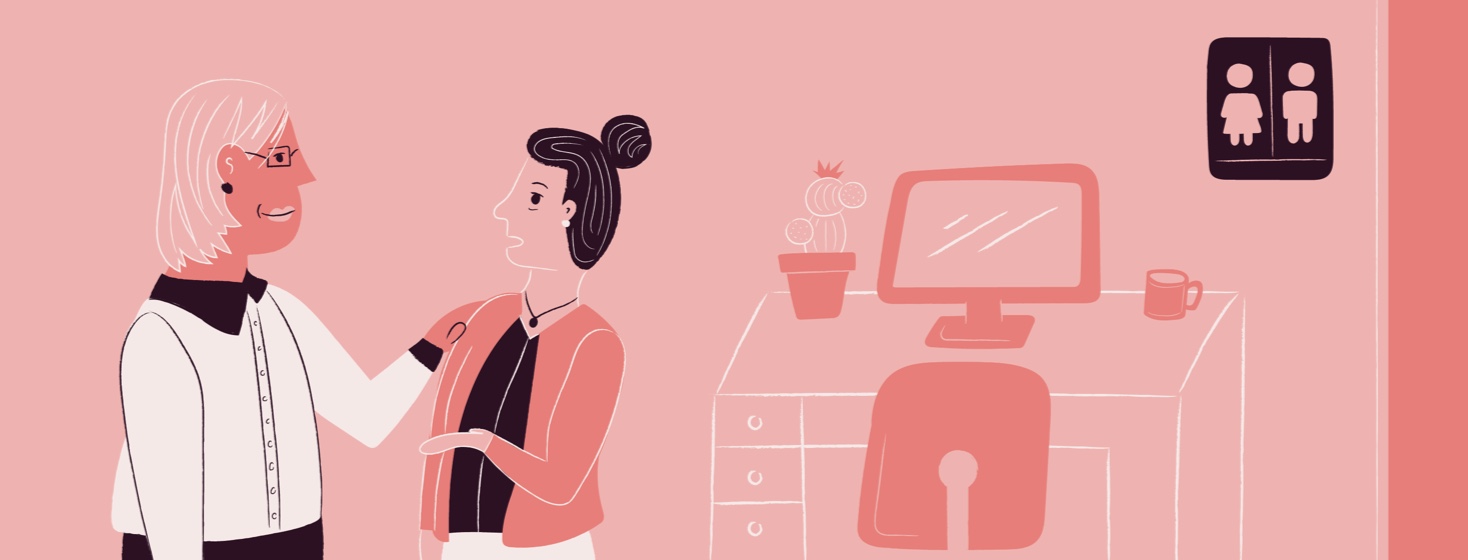Returning to Work After a Cystectomy
Your work duties may be the last thing on your mind right now. But at some point, you are going to have to think about your future. For some, going back to the same type of work that you did previously may be impossible, especially if your job involved heavy lifting. But for others, the return to work can’t come soon enough. It helps to bring a feeling of order and “normalcy” back into their lives.
How long should you stay home from work?
This is a very difficult question to answer as everybody’s cancer journey is unique to them. There are lots of factors that can affect the length of your recovery: your age, your general state of health before surgery, any other pre-existing medical conditions you may have, etc. I know some people who returned to work within 6 weeks, yet for others, it can take up to a year or more.
Don't push yourself too hard
All I would say is DON’T push yourself too hard. Your body has just gone through some pretty mighty surgery, and you need to give it time to heal. Also, you need to be aware of your mental health. You have just gone through life-saving, but also life-altering surgery. For women, if your cystectomy involved having a hysterectomy, you are going to have the menopause to deal with as well. You can speak to your doctor about the possibility of having hormone replacement therapy.
Communicating with your employer
Hopefully, your employer will have kept in touch with you throughout your absence and, therefore, will have discussed how you are progressing and the timing of your eventual return to work. You may wish to discuss a 'phased return'. This involves agreeing upon how many hours you think you can reasonably work and over how many days. If you are employed as a full-time employee, you might want to think about starting off doing part-time hours and, in conjunction with your employer, discuss what period of time you think you will need to get back to your original “contracted” hours.
Reasonable accommodations
Your employer can be asked to make 'reasonable adjustments' to help you return to work. This could be just for a short while or permanently.
These could include things like:
- A chair to sit down if you work at check-out counter
- A desk near the restrooms if you work in an office
- Short, regular breaks
- Changing your shifts to enable you to attend medical appointments
- Allowing you to use either your own phone or the company's to make doctors' appointments
- Allowing you to work from home a couple of days a week
- Allowing you to be away from work to attend medical appointments
Slow and steady
Most employers want to support their employee's return to work and are happy to consider adjustments to your work schedule/routine/duties. So, don’t be afraid to be honest about how you are actually feeling. But most of all, don’t over-commit yourself. Slow and steady does it!

Join the conversation